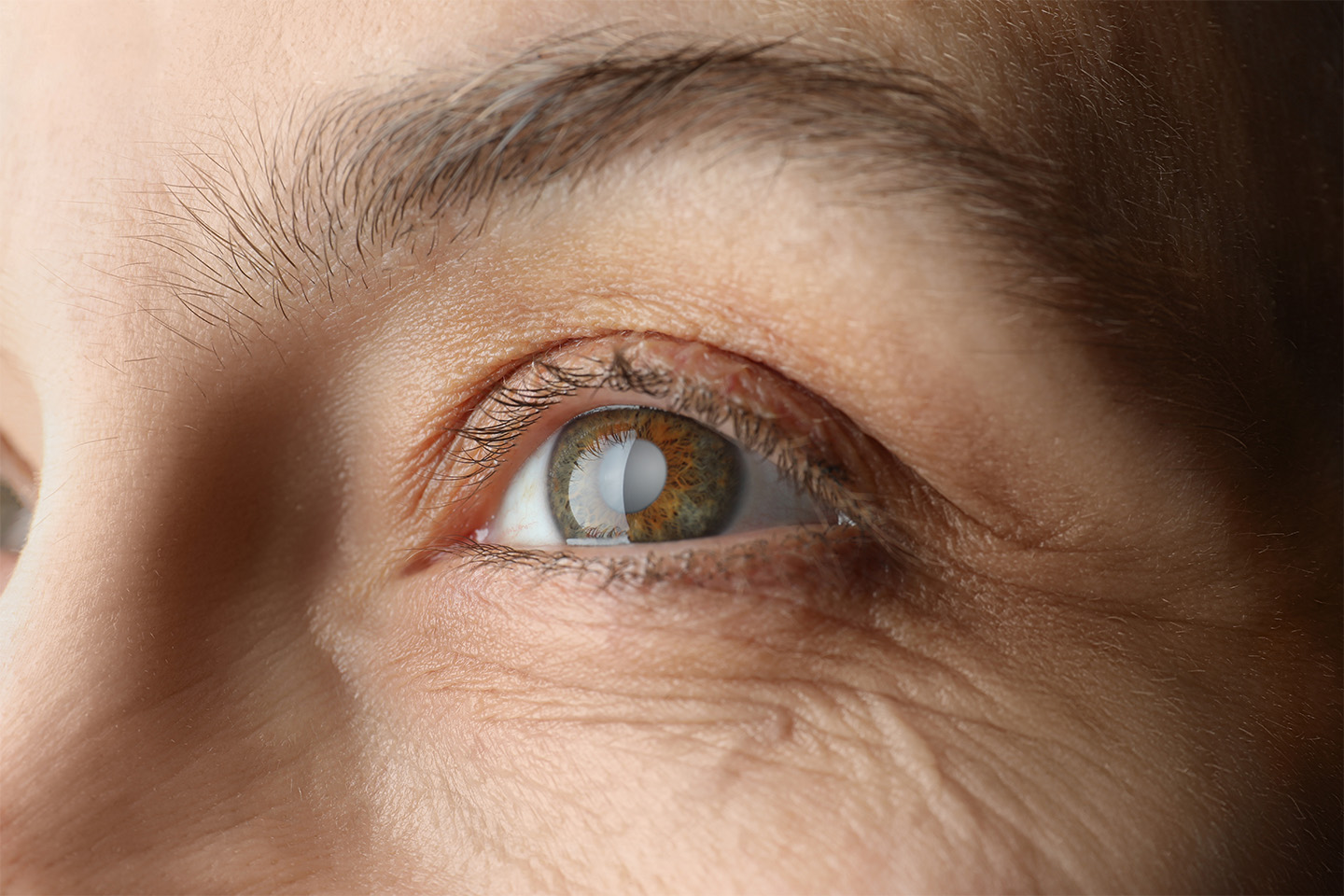How Colorado’s Cold Weather and Altitude Affect Your Eyes

Be Prepared to Protect Your Vision and Enjoy Colorado’s Amazing Skiing, Hiking, and Winter Outdoor Mountain Living
Don’t get caught off-guard by the effects of high-altitude outdoor life that can spoil your vision. Our relaxed life and mountain resorts are actually subject to conditions not that different from extreme weather in the Alps and Himalayas at times. Three important tips that cover a lot of these high-altitude problems: wear goggles and sunglasses when you’re outdoors, carry eye drops, and stay hydrated.
Mile High and Higher Brings More Risks
Strong UV rays, bright snow reflections, dry air, and wind can quickly affect your eyes. No matter how warmly you’re dressed, your eyes are still exposed to the cold. Even the reduced oxygen of high-altitude air can endanger your vision. The top eye doctors in Colorado can help you prepare for our mountain weather and enjoy Colorado outdoor life in winter.
Dealing with the Mountain Cold
Morning mountain air can be invigorating, but extremely cold. Not only will the severely dry, cold, and windy mountain air affect your eyes, it can also freeze any solutions you’ve brought with you to solve dry eyes or contact lens issues. Protect your supplies and wear goggles to warm your eyes.
Risks from Strong UV
Cataracts and growths on the surface of the eye, including cancerous ones, can arise from exposure to ultraviolet rays at high altitudes. Surgery is occasionally needed to remove them. Remember, UV is blocked by the atmosphere, and there’s much less of that effect at higher altitudes. UV-protective eyewear such as sunglasses adds needed filtering and also helps with the bright sunlight we enjoy in the mountains.
Dry Eyes and Wind Effects
Dry mountain air, strong winds, and airborne particles leave you with extremely dry eyes, blurry vision, and possible damage or infection. Contact lens wearers and those with digital eye strain should take special care. Hydrate well, wear goggles, and contact the top eye doctors in Colorado for help.
Newbie Alert! Snow Blindness
Don’t get caught with this common problem. It comes from strong UV rays reflecting off bright-white snow, and sometimes also from severe cold and dryness. Blurry vision, watery eyes, and swelling leave you stuck in the lodge for a day or two while your corneas recover.
High Altitude Retinopathy
Small hemorrhages in the retina of the eye from rapid ascent to high altitudes can temporarily diminish vision. Check for other symptoms of altitude sickness such as shortness of breath, headaches, or muscle weakness and get treatment.
The Top Eye Doctors in Colorado Can Treat and Help Avoid Mountain Eye Problems
At ICON Eyecare, many of our patients count on the top eye doctors in Colorado to prepare them for mountain adventures and mountain living. We can help you prepare for the challenges of cold, wind, and high altitude and also provide alternatives like LASIK to wearing glasses and contacts for mountaineering and skiing activities.
[DISPLAY_ULTIMATE_SOCIAL_ICONS]








